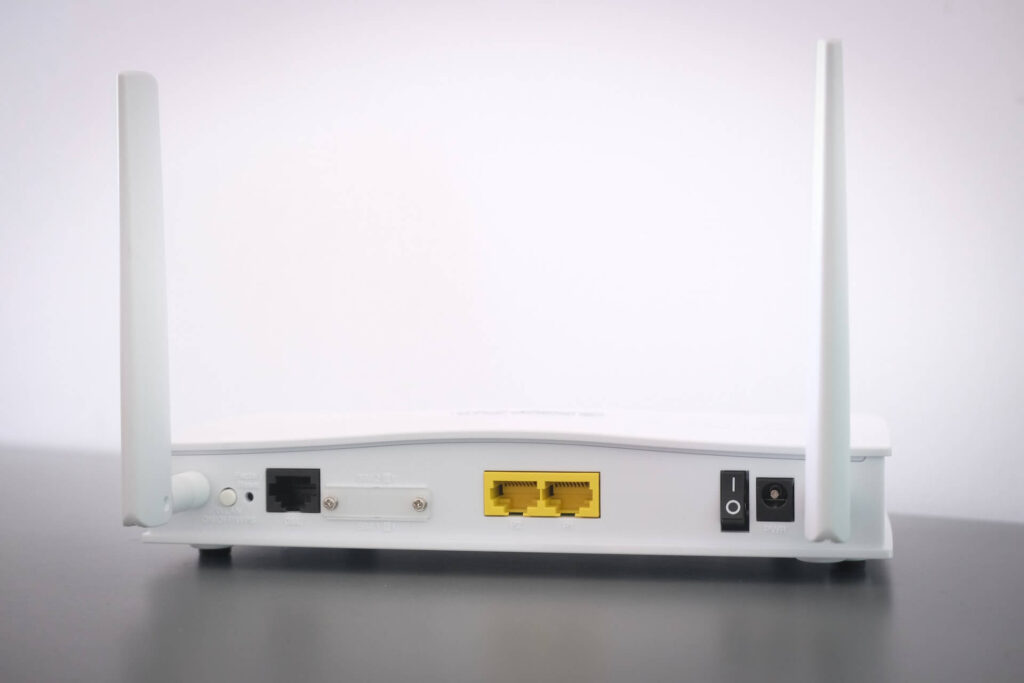Broadband speeds are a critical component of your internet experience. When you sign up for an internet service provider, you are typically given a choice of different broadband speeds. These speeds determine how fast your internet connection will be and can have a significant impact on your online experience. In this article, we’ll take a closer look at broadband speeds and how they affect your internet experience.
What Are Broadband Speeds?
Broadband speeds refer to the rate at which data can be transmitted over an internet connection. These speeds are typically measured in megabits per second (Mbps) or gigabits per second (Gbps). The higher the speed, the faster your internet connection will be.
Types of Broadband Connections
There are several different types of broadband connections available, including:
- DSL: Digital Subscriber Line (DSL) is a type of broadband connection that uses existing telephone lines to transmit data.
- Cable: Cable broadband uses coaxial cables to transmit data.
- Fiber: Fiber-optic broadband is the fastest type of broadband connection and uses fiber-optic cables to transmit data.
- Satellite: Satellite broadband is a wireless connection that uses a satellite dish to transmit data.
How Do Broadband Speeds Affect Your Internet Experience?
Broadband speeds can have a significant impact on your internet experience. Here are some ways in which broadband speeds can affect your online experience:
1. Download Speeds
Download speeds refer to how quickly you can download files from the internet. If you have a slow broadband speed, it will take longer to download files, such as movies or music. A fast broadband speed will allow you to download files quickly, making your online experience more enjoyable.
2. Streaming Quality
If you like to watch videos or stream content online, your broadband speed is essential. A slow broadband speed will result in buffering and poor quality video, making it difficult to enjoy your favorite shows or movies. A fast broadband speed will ensure that you can stream content in high quality without buffering.
3. Online Gaming
Online gaming requires a fast and stable internet connection. If you have a slow broadband speed, you may experience lag or delays when playing games online. A fast broadband speed will ensure that your gaming experience is smooth and enjoyable.
4. Video Conferencing
With more people working remotely than ever before, video conferencing has become an essential tool for communication. A slow broadband speed can result in poor-quality video and audio, making it difficult to communicate effectively. A fast broadband speed will ensure that your video calls are clear and reliable.
5. Multiple Devices
If you have multiple devices connected to your broadband connection, your broadband speed will affect their performance. A slow broadband speed may result in slow internet speeds across all devices, making it difficult to use them simultaneously. A fast broadband speed will ensure that all your devices can operate at peak performance.
Conclusion
Broadband speeds are a critical component of your internet experience. They determine how fast your internet connection will be and can have a significant impact on your online experience. Whether you’re downloading files, streaming content, gaming online, or video conferencing, a fast broadband speed is essential. If you’re experiencing slow internet speeds, consider upgrading your broadband speed to improve your online experience.
